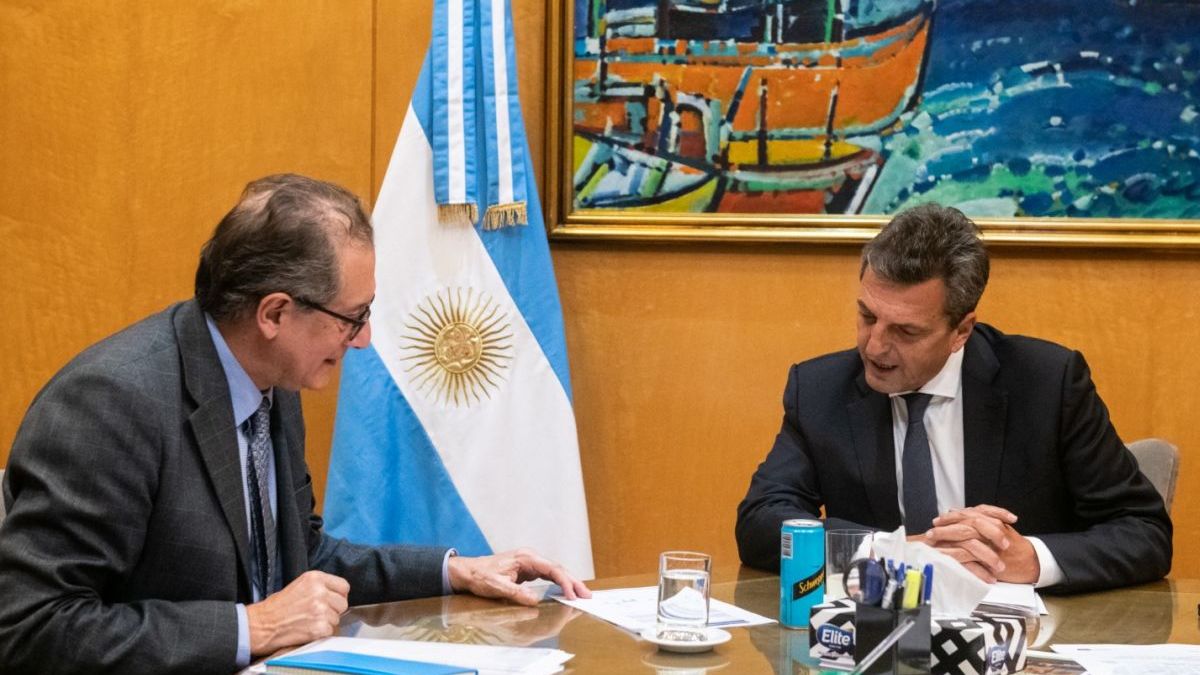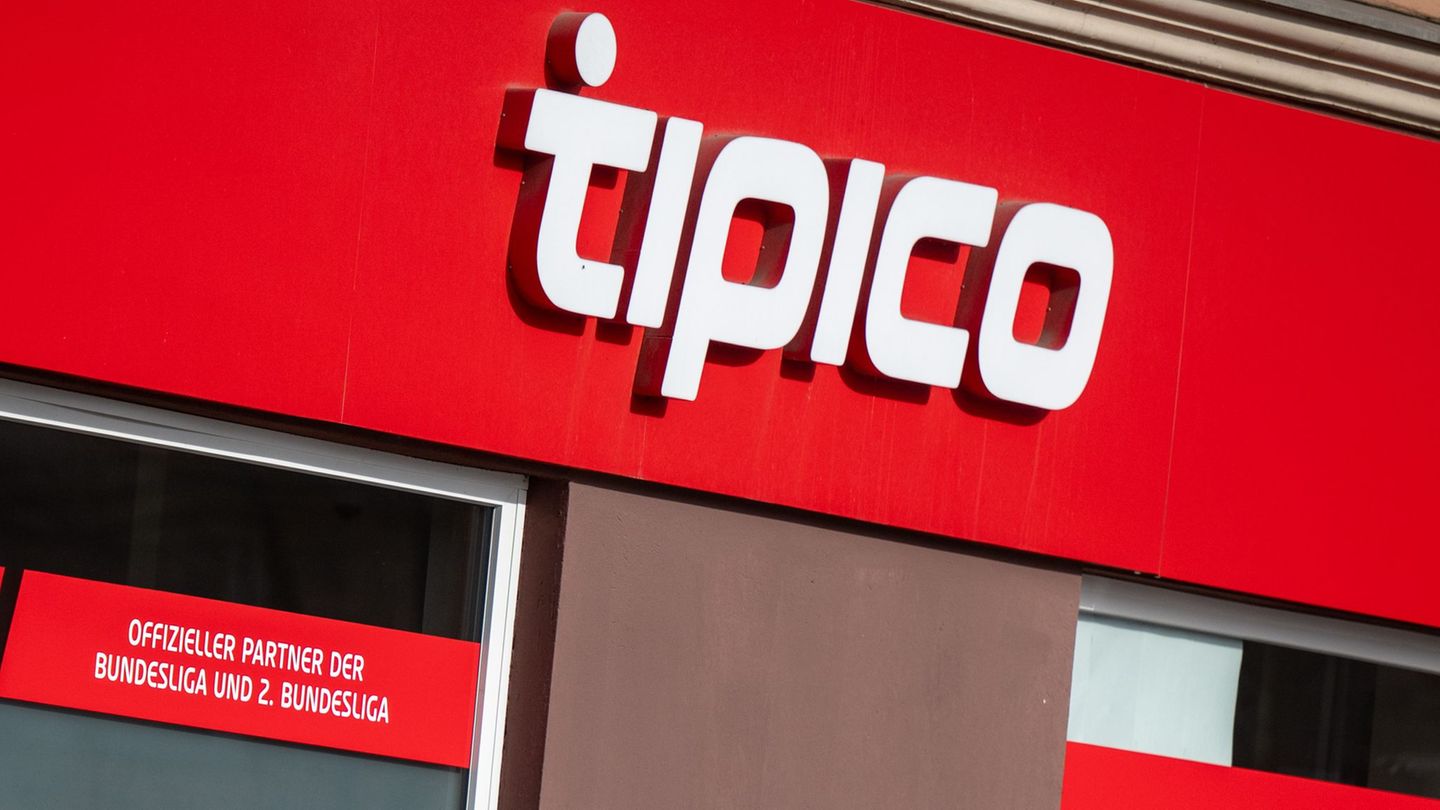In the midst of a new day of exchange rate tension, Sergio Massa and the president of the Central Bank, Miguel Pescemet this Thursday and They reviewed the results of the visit that the Economy Minister made last week to Washington.
The officials met at the Palacio de Hacienda and, in addition, discussed the recent measures taken by the BCRA Board tending to order payment for the importation of services.
In a marathon day, which included separate meetings by both Massa and Pesce with the president Alberto Fernandez in the Quinta de Olivos, both figures sought to settle differences around the interest rate, one of their main points of conflict.
This Thursday, The blue dollar rose again, exceeding $430 for the first time and even reaching $440, a figure that finally deflated at the close, when it traded at $432.
This delicate scenario led to a battery of announcements by the BCRA as a way of increasing its firepower on the parallel currency.
The new measures seek to finance the payment of the importation of professional services and freight between related companies and provided prior authorization for the payment of interest on intra-company debt, which together represent a postponement of payments in foreign currency for US$2,000 million until the end of the year.
The monetary authority indicated that in the event that the creditor is a counterparty linked to the debtor, prior authorization will be required until the end of the year to access the exchange market to pay interest services on commercial debts for imports of goods and services and loans financial abroad.
“In addition, the BCRA board authorized companies to make remunerated deposits in official dollars for the amount in pesos equivalent to the unpaid interest or the use of own available currencies that apply to the payment of commitments when the creditor is a related counterparty. “, specified through a press release
The measure on access to the market to cancel the import of services does not affect the payment of services that are currently affected by the PAIS tax, such as the entertainment platforms Netflix, Spotify, YouTube, etc., which will continue to be carried out as they are today.
Source: Ambito




